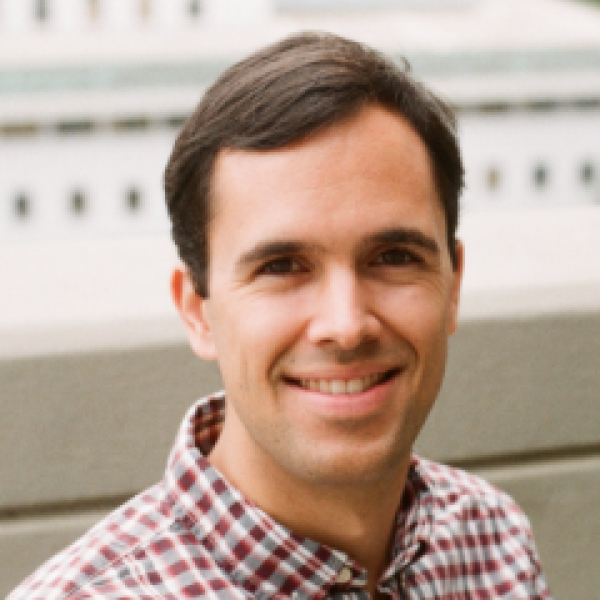When Anil Damle was an undergraduate at the University of Colorado Boulder he was introduced to the field of applied mathematics. “It became my major right away,” says Damle. “I was drawn to applied math because it gave me a core set of skills that I could apply wherever I found something interesting. I liked the ability to make connections, understand interesting questions, contribute, and satisfy my curiosity. In some ways, applied math gave me the tools to be curious academically.”
Damle, who joined the faculty of the Computer Science Department at Cornell in July of 2017, went on to earn both his B.S. and his M.S. in Applied Mathematics from Boulder. After Boulder, Damle went to Palo Alto, where he earned his Ph.D. in Computational and Applied Mathematics from Stanford. “I was drawn to Stanford in large part by the fact that the degree I wanted was offered by an institute rather than by a department,” explains Damle. “I had freedom to work with faculty from all over the university.”
The institute Damle is talking about is the Institute for Computational and Mathematical Engineering (ICME). The ICME is home to more than fifty advisors from more than twenty departments at Stanford. Damle took time to try out different areas and to choose an advisor. After a year and a half, he joined the lab of Lexing Ying and pursued research into fast computational methods for physics-based problems. This allowed him to learn more about both computational physics and computational chemistry. By the end of his doctoral studies, Damle was working on ideas of his own.
From Stanford, Damle headed north forty miles to UC Berkeley. At Berkeley, Damle was supported by an NSF Postdoctoral Fellowship. “My year at Berkeley was good,” says Damle. “I worked with Professor Lin Lin, tied up a few projects I had started at Stanford, and also began some new collaborations in new areas.”
Damle is excited to have joined the faculty at Cornell. “I get the same kind of feeling here that I had at Stanford,” says Damle. “There are strong people here in so many fields, and Cornell has the infrastructure to support collaborations across campus.” At Cornell, Damle will continue some of the work he started during his postdoc at Berkeley, but he will also begin exploration of some new ideas.
His research focuses broadly on developing fast algorithms for structured physical and statistical models. Some of his current projects include work on localization of Kohn-Sham orbitals, robust algorithms for spectral clustering, density fitting in electronic structure calculations, and rank-structured matrix algorithms. A diverse set of projects plays to Damle’s curiosity and allows him to pursue a broad range of interesting questions.



